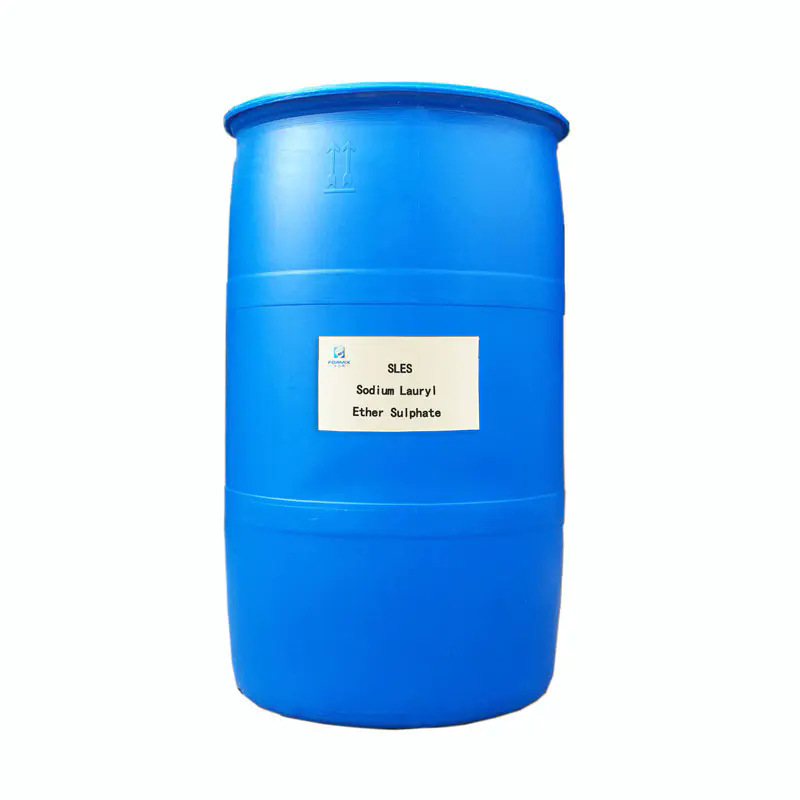
- English
- Esperanto
- Afrikaans
- Català
- שפה עברית
- Cymraeg
- Galego
- Latviešu
- icelandic
- ייִדיש
- беларускі
- Hrvatski
- Kreyòl ayisyen
- Shqiptar
- Malti
- lugha ya Kiswahili
- አማርኛ
- Bosanski
- Frysk
- ភាសាខ្មែរ
- ქართული
- ગુજરાતી
- Hausa
- Кыргыз тили
- ಕನ್ನಡ
- Corsa
- Kurdî
- മലയാളം
- Maori
- Монгол хэл
- Hmong
- IsiXhosa
- Zulu
- Punjabi
- پښتو
- Chichewa
- Samoa
- Sesotho
- සිංහල
- Gàidhlig
- Cebuano
- Somali
- Тоҷикӣ
- O'zbek
- Hawaiian
- سنڌي
- Shinra
- Հայերեն
- Igbo
- Sundanese
- Lëtzebuergesch
- Malagasy
- Yoruba
- অসমীয়া
- ଓଡିଆ
- Español
- Português
- русский
- Français
- 日本語
- Deutsch
- tiếng Việt
- Italiano
- Nederlands
- ภาษาไทย
- Polski
- 한국어
- Svenska
- magyar
- Malay
- বাংলা ভাষার
- Dansk
- Suomi
- हिन्दी
- Pilipino
- Türkçe
- Gaeilge
- العربية
- Indonesia
- Norsk
- تمل
- český
- ελληνικά
- український
- Javanese
- فارسی
- தமிழ்
- తెలుగు
- नेपाली
- Burmese
- български
- ລາວ
- Latine
- Қазақша
- Euskal
- Azərbaycan
- Slovenský jazyk
- Македонски
- Lietuvos
- Eesti Keel
- Română
- Slovenski
- मराठी
- Srpski језик
How does Anionic Surfactants work?
Anionic surfactants are a class of surfactants characterized by their negatively charged hydrophilic (water-attracting) head. This negative charge enables them to effectively remove dirt and oils from surfaces, making them indispensable in various cleaning and industrial applications. Their ability to generate foam and emulsify oils has led to their widespread use in products ranging from household detergents to industrial cleaners.
What Are Anionic Surfactants?
Anionic surfactants are compounds that possess a negatively charged hydrophilic group, typically a sulfate, sulfonate, or carboxylate group. These surfactants are known for their excellent cleaning properties, particularly in removing particulate soils and oils. They function by reducing the surface tension between water and oils, allowing for better wetting, emulsification, and dispersion of soils.
Common Types of Anionic Surfactants
-
Sodium Lauryl Sulfate (SLS): A widely used surfactant known for its strong cleaning and foaming properties.
-
Sodium Laureth Sulfate (SLES): Similar to SLS but milder, making it suitable for personal care products.
-
Linear Alkylbenzene Sulfonate (LAS): Commonly used in laundry detergents due to its effectiveness in removing oil and grease.
-
Alpha Olefin Sulfonates (AOS): Known for their biodegradability and use in both household and industrial cleaners.
-
Sodium Alpha-Olefin Sulfonate (AOS): Offers excellent cleaning performance and is often used in combination with other surfactants.
Key Properties and Benefits
Anionic surfactants offer a range of properties that make them suitable for various applications:
-
Excellent Cleaning Power: Effectively removes particulate soils and oils.
-
High Foaming Ability: Generates abundant foam, enhancing cleaning action.
-
Emulsification: Helps in dispersing oils and greases in water.
-
Wettability: Improves the spreadability of cleaning solutions.
-
Biodegradability: Many anionic surfactants are biodegradable, making them environmentally friendly.
Applications of Anionic Surfactants
Anionic surfactants are utilized across various industries due to their versatile properties:
-
Household Cleaning Products: Found in laundry detergents, dishwashing liquids, and all-purpose cleaners.
-
Personal Care Products: Used in shampoos, body washes, and facial cleansers.
-
Industrial Cleaners: Employed in degreasers and heavy-duty cleaners.
-
Textile Industry: Used in textile processing and finishing.
-
Emulsion Polymerization: Serves as emulsifiers in the production of polymers.
Product Specifications
Below is a table highlighting the specifications of some common anionic surfactants:
| Product Name | Active Ingredient | Application Area | pH Range | Biodegradability |
|---|---|---|---|---|
| Sodium Lauryl Sulfate | Sodium Lauryl Sulfate | Household & Industrial Cleaners | 7-9 | High |
| Sodium Laureth Sulfate | Sodium Laureth Sulfate | Personal Care Products | 6-8 | Moderate |
| Linear Alkylbenzene Sulfonate | Linear Alkylbenzene Sulfonate | Laundry Detergents | 7-9 | High |
| Alpha Olefin Sulfonates | Alpha Olefin Sulfonates | Household & Industrial Cleaners | 7-9 | High |
| Sodium Alpha-Olefin Sulfonate | Sodium Alpha-Olefin Sulfonate | Household & Industrial Cleaners | 7-9 | High |
Frequently Asked Questions (FAQs)
Q1: Are anionic surfactants safe for sensitive skin?
A1: Anionic surfactants like Sodium Lauryl Sulfate (SLS) can be drying and irritating to sensitive skin. Milder alternatives such as Sodium Laureth Sulfate (SLES) are often used in personal care products to reduce irritation.
Q2: Can anionic surfactants be used in hard water?
A2: Anionic surfactants can form insoluble salts with calcium and magnesium ions present in hard water, reducing their effectiveness. The use of water softeners or chelating agents can mitigate this issue.
Q3: Are anionic surfactants biodegradable?
A3: Many anionic surfactants, such as Linear Alkylbenzene Sulfonate (LAS), are biodegradable. However, the rate of biodegradation can vary depending on the specific surfactant and environmental conditions.
Environmental Considerations
While anionic surfactants are effective in cleaning applications, their environmental impact is a concern. Some anionic surfactants can be toxic to aquatic life if not properly treated before disposal. Choosing biodegradable surfactants and ensuring proper waste treatment can help mitigate environmental risks.
Foamix: A Trusted Brand in Anionic Surfactants
Foamix is a reputable brand known for its high-quality anionic surfactants. Their products are designed to meet the stringent requirements of various industries, ensuring excellent performance and safety. With a commitment to sustainability, Foamix offers biodegradable surfactants that are both effective and environmentally friendly.
Contact Us
For more information on Foamix's range of anionic surfactants and how they can benefit your specific applications, please contact us. Our team of experts is ready to assist you in selecting the right products to meet your needs.



